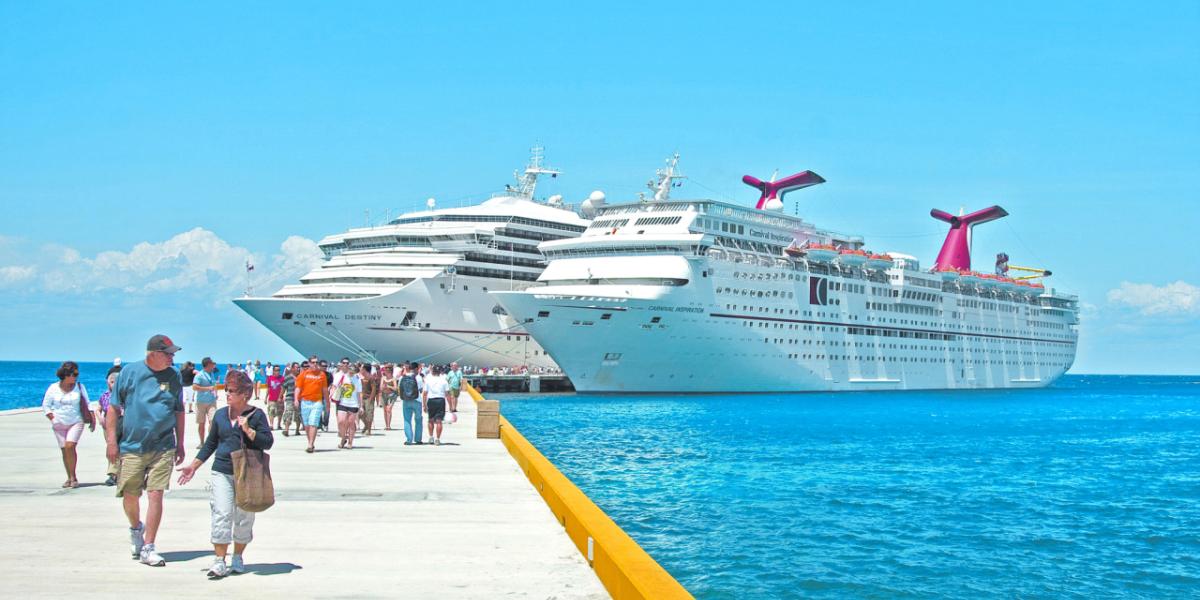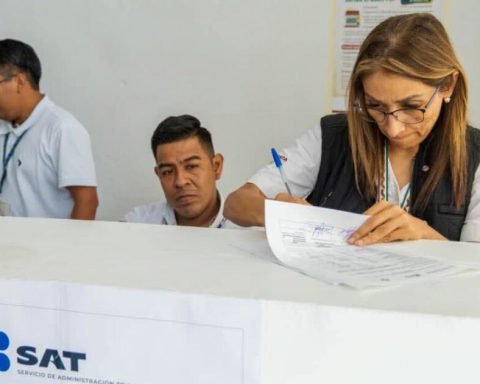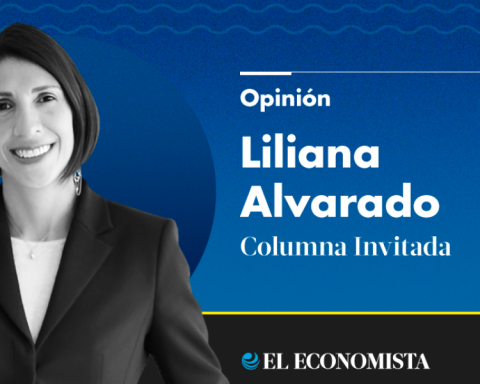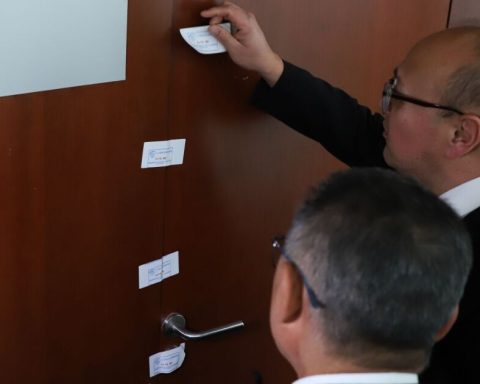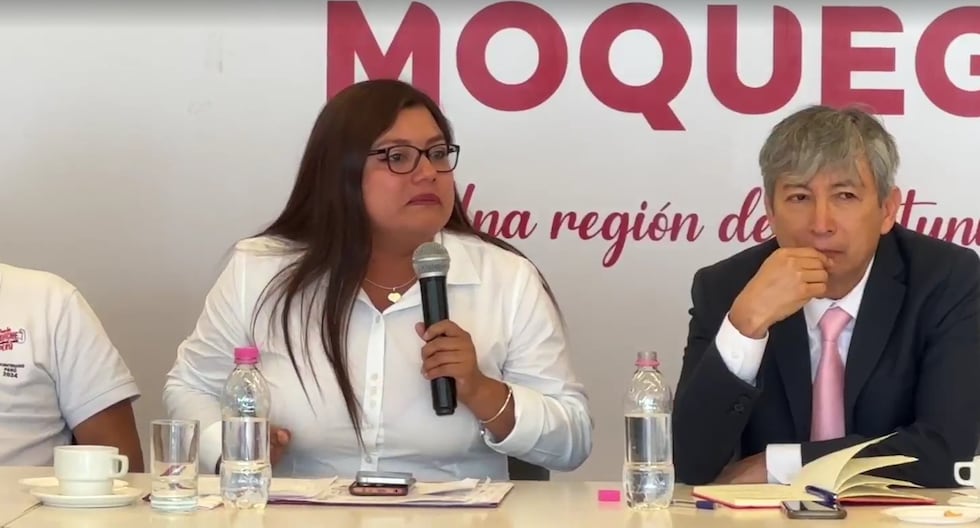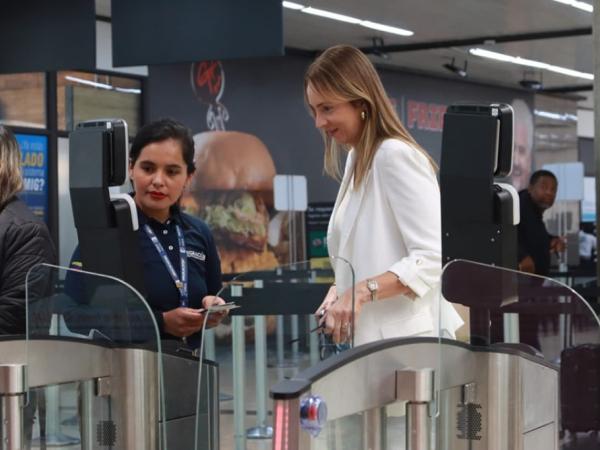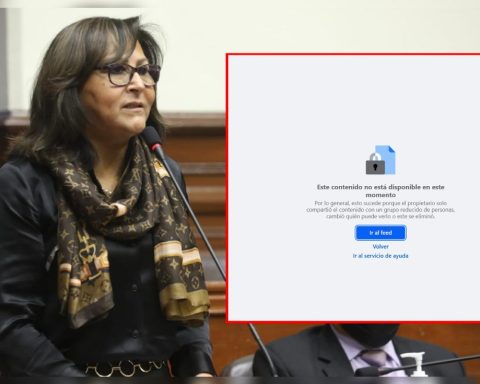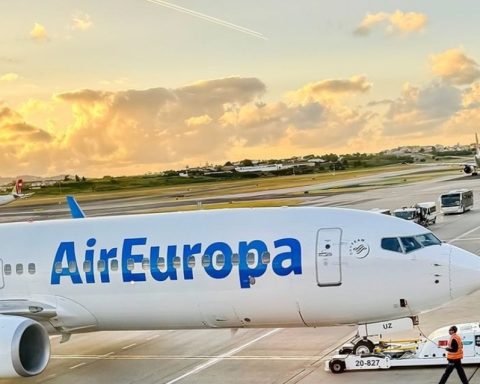Cancún, QRoo.- The six-month extension for the payment of the Non-Resident Right (DNR) for an amount of 42 dollars that cruise tourists visiting Mexico would originally begin to pay as of January 1, 2025.
The fiscal stimulus will be applicable only during the months of January, February, March, April, May and June, corresponding to fiscal year 2025, reads the decree signed by President Claudia Sheinbaum.
“A tax incentive is granted to foreign passengers who enter the national territory by sea aboard cruise ships who must cover the payment of the fee for the reception, study of the application and, where appropriate, the issuance of the immigration document that they accredits the status of Visitor’s stay without permission to carry out remunerated activities, referred to in article 8, section I, of the Federal Law of Rights.
“The fiscal stimulus consists of a tax credit equivalent to 100% of the amount of the right indicated in the previous paragraph and may be credited against the same right,” reads the first and second articles of the presidential decree.
The extension was the result of an agreement between the federal government and the cruise shipping companies, after this charge was included in the 2025 fiscal package for cruise passengers, who were exempt from this measure for more than a decade under the argument that their average stay in national territory hardly exceeds 24 hours.
The opposite is true for foreign tourists who arrive by air to the country, who do pay the equivalent of 840 pesos upon entering the country and whose average stay is 4 to 5 nights.
Latent risks
Despite the extension, the Florida and Caribbean Cruise Association (FCCA, for its acronym in English), issued an extensive statement on November 8 in which it warns that the postponement of the collection does not eliminate the previously exposed risks of cancellation of routes and investments by shipping companies to Mexico.
“The FCCA warns that imposing such a burden on cruise tourists with a minimum actual stay time in Mexico will deter visitors, disrupt cruise ship itineraries, and create economic knock-on effects in communities that rely heavily on cruise tourism.” cruises”, reads the positioning of the organization that brings together more than 200 cruise ships.
Although Michele Paige, director of the FCCA, recognizes and thanks the Mexican government in the document for granting a period of six months, she also reproaches it for not having previously consulted with industry representatives about a measure of this nature, since until before If this new charge became known, “the industry sought to grow business in Mexico, and now the opposite will happen.”
They conclude the document with what seems like a veiled threat by extending their thanks “to the many other destination partners we have throughout Central America and the Caribbean who have already reached out to our member lines, inviting them to relocate itineraries to their jurisdictions with the open arms.”
